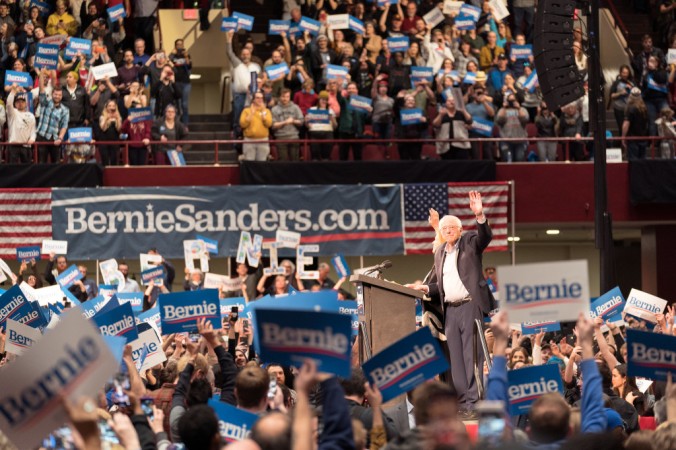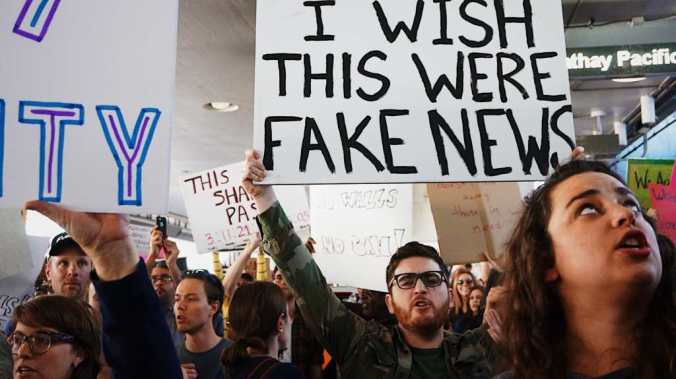This piece by Jenna Denomme gives the topic of media literacy both the depth and breadth that it needs. Bottom line: nobody is immune to misinformation and media literacy is something that everyone needs to attain. It is not a partisan issue. I encourage everyone to follow Jenna’s Blog for updates. Her work is something to watch out for.
Media literacy, taught properly, is for everyone – and it must not be applied unevenly
I’m a child of liberals. For many years growing up, I watched Good Morning America every week morning, and NBC and CBS every night. My grandfather on my mom’s side, who had proposed Elizabeth Warren as a strong presidential candidate before even 2016, was always up to talk with me about politics. I remember late nights where he’d pick me up from chorus practice and, on the drive home, fill me in about the conflict in Ukraine. I’ve always trusted the opinions of him and my other well-educated family members on these topics.
I’m also a child of the Internet. While I would say I wasn’t active on any major social media sites until high school, YouTube is the big exception. And I remember that some of the binges I’d go on back in 2013…
View original post 1,577 more words

